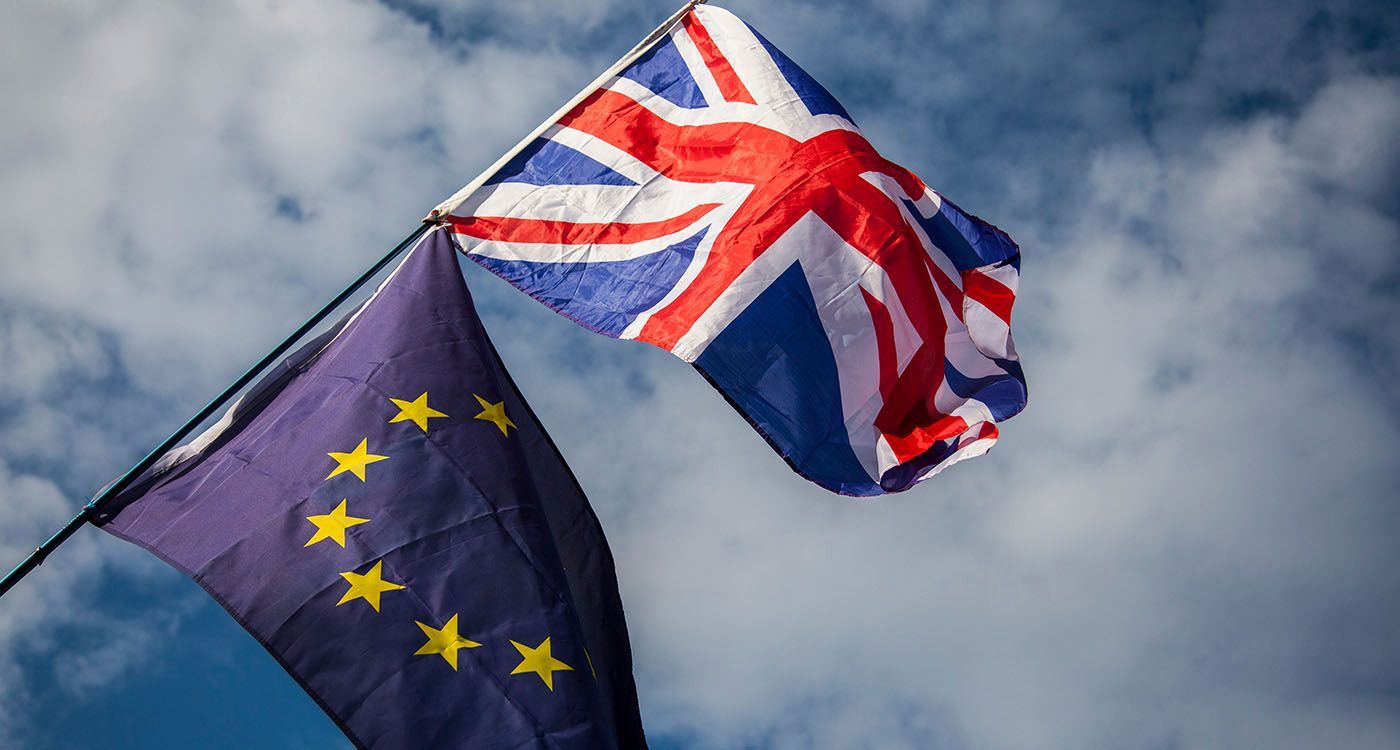- Home
- Middle East
- Five Years On: How Has Brexit Impacted the UK?

©Shutterstock
Five years after the United Kingdom's exit from the European Union, the repercussions of Brexit remain tangible, with significant effects on several key sectors of the British economy. While some had anticipated a swift recovery, the country still seems to struggle with the challenges that have emerged since this historic turning point. The impacts are numerous: the free movement of people, the economy, the labor market, supply chains, and foreign investments have all been severely affected.
One of the first noticeable consequences of Brexit was the end of the free movement of people, leading to labor shortages in critical sectors. Prior to Brexit, thousands of European workers held jobs in areas such as agriculture, construction, hospitality, and healthcare. After the UK left the EU, these sectors faced recruitment difficulties, particularly during harvest seasons. The National Farmers' Union estimated that 60% of farmers struggled to find workers, resulting in direct economic losses for the agricultural sector.
The impact of Brexit has also been felt in the financial services sector, which saw its role as a major financial hub for Europe diminish. Many financial firms relocated part of their operations to EU cities like Paris, Frankfurt, and Dublin to maintain direct access to the European single market. The Bank of England estimates that around 7,000 jobs in financial services were moved. Despite its position as the world's second-largest financial center, the City of London has lost some of its competitiveness.
Supply chains have also been heavily disrupted. The introduction of new customs procedures and rising transportation costs have placed additional burdens on British businesses. According to the Office for National Statistics (ONS), UK exports to the EU dropped by 14% in 2020 compared to the previous year. This decline was especially sharp in the food and agricultural sectors, with meat exports falling by 30%. The automotive industry was also affected, facing higher costs due to customs procedures, which impacted the competitiveness of British products in both European and global markets.
Moreover, foreign investment has also been affected by Brexit. Before the UK left the EU, the country attracted foreign direct investment due to its access to the European single market. However, between 2016 and 2022, foreign investment flows fell by 37%, according to the UK’s Department for International Trade. This decline was especially significant in the automotive and technology sectors, where several expansion projects were canceled or moved to EU countries offering unrestricted access to the single market.
These changes have contributed to slower-than-expected economic growth. In 2020, the UK entered a recession, worsened by the COVID-19 pandemic. By 2023, the British GDP had grown by just 0.4%, far below the optimistic pre-Brexit projections. The uncertainty surrounding the UK’s departure from the EU created an atmosphere of mistrust, further delaying the country’s economic recovery.
This slowdown was further exacerbated by governance missteps within the Conservative government, particularly during Prime Minister Liz Truss's tenure. Her 2022 mini-budget, which proposed massive tax cuts amid high inflation, plunged the UK into financial instability. Inflation peaked at 11.1%, driven by disruptions in supply chains and inappropriate fiscal policies. The pound sterling fell to historically low levels, deepening economic uncertainty. These events heavily impacted the purchasing power of Britons, worsening the economic difficulties faced by households.
However, with the arrival of a new government led by Sir Keir Starmer's Labour Party, public sentiment is buoyed by hopes of an economic recovery. While the political transition does not promise an immediate resolution to the challenges stemming from Brexit, it may provide a more stable and pragmatic approach to managing the UK economy. The Labour Party is seen by many as a key player capable of restoring stability and pursuing more cooperative solutions with the European Union to ease trade tensions and boost the UK’s competitiveness.
Despite this rhetoric in favor of strengthening relations with Europe, the Labour Party's European policy remains unclear. The current proposals, while technical and modest, do not reflect a desire to fundamentally rethink relations with the EU. The focus is on limited sectoral adjustments, such as a veterinary agreement, support for touring artists, or mutual recognition of professional qualifications. While these proposals may benefit certain sectors, they have only a marginal impact on the overall economic consequences of Brexit.
The Labour Party has also expressed a desire to establish a "security pact" with the European Union, aimed at strengthening cooperation in areas such as military, economic, climate, health, digital, and energy security. However, the proposals remain relatively modest, and it appears that more complex issues, such as European defense, are left unresolved. Nevertheless, under Keir Starmer's leadership, the Labour Party seems to be considering a more strategic rapprochement with the European Union. Its recent participation in a European Security Council, marked by signals suggesting a willingness to reopen discussions on a sectoral basis, hints at the possibility of discreet negotiations. These talks could allow the British government to explore the contours of a new agreement or a substantial long-term adjustment to the Brexit deal negotiated by Boris Johnson. By taking a cautious approach, Starmer could avoid alienating pro-Brexit voters while seeking to ease the economic and trade frictions resulting from the UK's departure from the EU.
This rapprochement is also set against a delicate international backdrop, marked by the re-election of Donald Trump, who is considering imposing tariff taxes on European Union countries. While the UK enjoys a special relationship with the United States and Trump has maintained a favorable rhetoric towards London, the British Prime Minister appears to be seeking to diversify the country's trade relations. By pursuing multiple initiatives with Europe, he aims to secure the nation's economy in the face of global geopolitical and economic uncertainties.
Today, while public opinion in the UK is increasingly critical of Brexit, there is limited willingness to reopen the debate. The influence of pro-Europeans remains somewhat weak, and pressing domestic issues leave little room for revisiting European policy. As a result, it is likely that Starmer's European policy, though open to adjustments, will stay reserved and cautious.
Read more




Comments